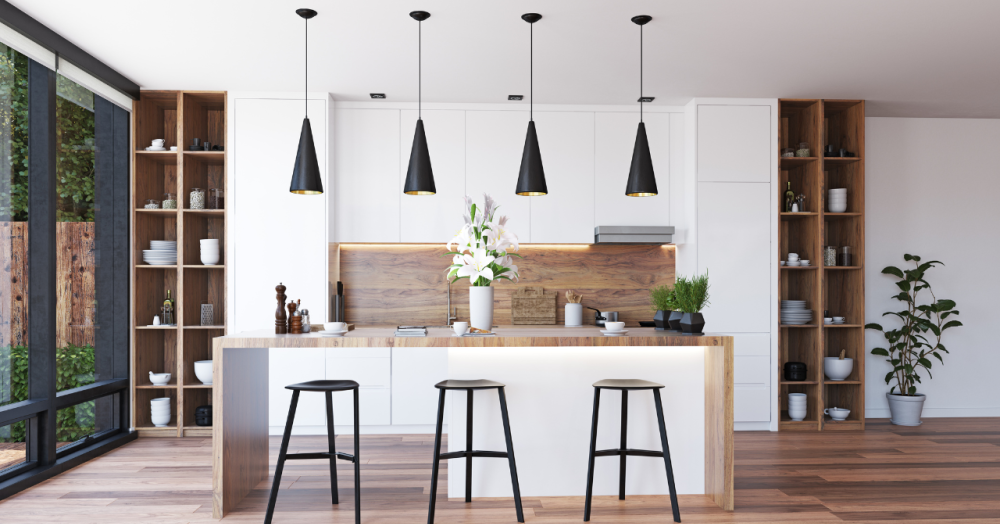
The property market is always evolving, shaped by wider economic conditions, interest rates and buyer confidence. As we look ahead to 2026, there are encouraging signs of greater stability across the UK, alongside important considerations for anyone thinking about buying or selling a home, particularly here in Berkshire and Buckinghamshire.
A National Picture: Steadier and More Predictable
Following several years of adjustment, the national market is expected to settle into a more balanced rhythm. While the dramatic price growth seen in previous cycles is unlikely to return, many commentators anticipate modest, sustainable growth in well-positioned areas.
Interest rates are forecast to stabilise, offering greater certainty for mortgage holders and buyers alike. With inflationary pressures easing, confidence is also expected to improve, helping to support measured activity across the housing market.
What This Means Locally for Berkshire and Buckinghamshire
While national trends set the scene, property remains fundamentally local and Berkshire and Buckinghamshire continue to stand out.
Demand Remains Consistent
These counties remain highly desirable thanks to their excellent schools, strong transport connections, thriving communities and access to open countryside. We expect continued interest from families, professionals and downsizers seeking quality of life without compromise.
Pricing Accuracy Matters More Than Ever
In a steadier market, correct pricing is critical. Overpricing can cause a property to stagnate, while a well-judged guide price can generate momentum and attract serious buyers early. Deep local knowledge and honest advice are essential at this stage.
Presentation Makes the Difference
Buyers are increasingly discerning. Homes that are thoughtfully prepared and marketed with high-quality photography, video and carefully written descriptions will always stand out. First impressions matter, and exceptional presentation can directly influence both speed of sale and achieved price.
Technology Supporting, Not Replacing, Service
Technology will continue to enhance the buying and selling journey, from targeted digital marketing to intelligent buyer matching. At its best, technology supports a more focused, personal service rather than replacing human expertise.
Selling and Buying with Confidence
Whether you’re planning a move in 2026 or simply exploring your options, having an experienced adviser by your side makes all the difference. While the market is becoming more predictable, success still depends on nuance, timing and strategy.
At Fisher and Partners, we take a deliberately service-led approach. You’ll work with one highly experienced Managing Partner from start to finish, someone who understands your local market inside out and is fully invested in your sale.
Rather than taking a “one size fits all” approach, we create bespoke strategies for each home, combining thoughtful pricing, beautifully crafted marketing and carefully targeted buyer outreach.
Common Pitfalls We Help Clients Avoid
Over the years, we’ve seen a number of recurring challenges that can hinder a successful sale:
- Poor Pricing Strategy: An unrealistic guide price can deter buyers and reduce momentum.
- Lack of Flexibility: Ignoring market feedback or buyer concerns can stall progress.
- Weak Presentation: Inadequate photography or marketing can significantly limit interest.
We’re often asked to step in when a property has struggled with another agent, and in many cases we’ve been able to revive interest, sometimes without reducing the guide price, through better presentation, clearer communication and proactive sale management.
Thinking Ahead to 2026
The 2026 property market presents genuine opportunities for well-advised sellers in Berkshire and Buckinghamshire. Whether you’re actively planning a move or simply want a clearer picture of your home’s value, informed guidance is the best place to start.
If you’re looking to sell your property, we’d be delighted to offer you a free, no-obligation market appraisal. Simply contact your local Fisher and Partners Managing Partner and we’ll arrange a time to chat. We’d be delighted to hear from you.









